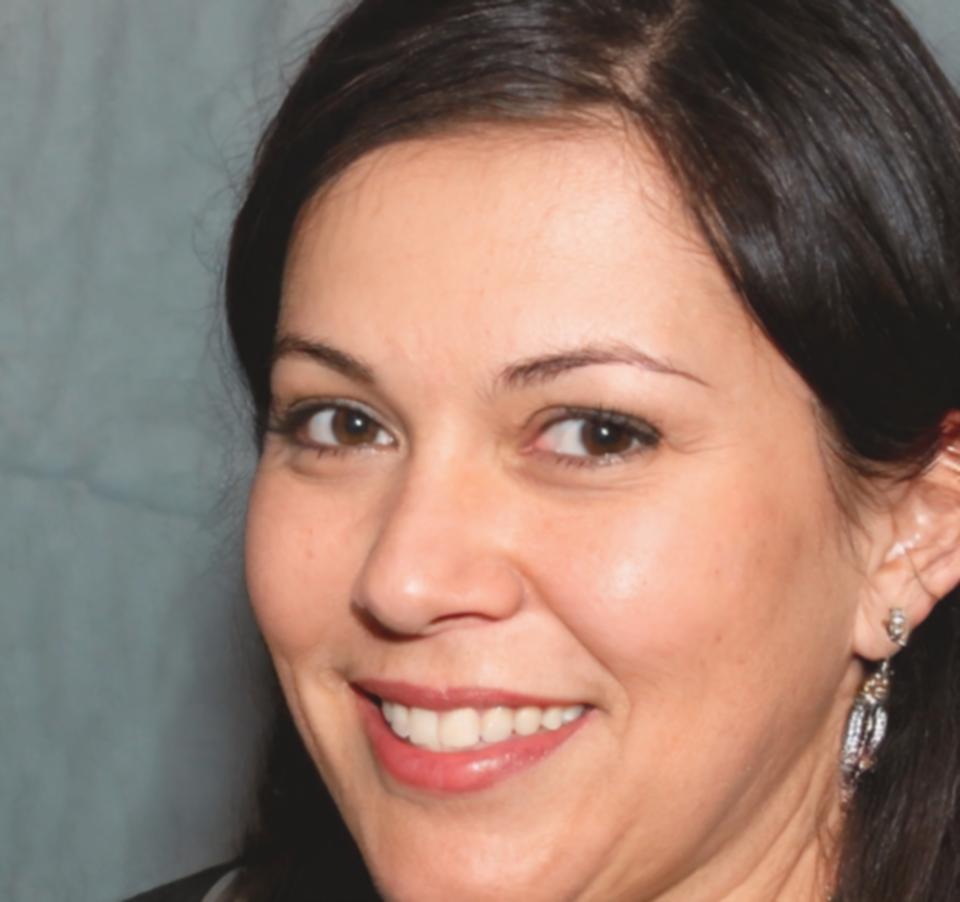How We Actually Teach
Real Examples Only
We dissect actual market events from the past five years. Your team analyzes what happened, why investors reacted the way they did, and what signals mattered. No hypothetical scenarios that feel disconnected from reality.
Personal Application
Each session ends with a personal action plan. Participants identify one specific change they'll make to their own finances within two weeks. We follow up a month later to see what actually happened.
Small Group Discussion
Maximum twelve people per session. Everyone shares their current financial thinking and gets direct feedback. The best insights usually come from other participants, not the instructor.
Questions Drive Content
We adjust every session based on what your team actually wants to know. If everyone's worried about property prices, that becomes the focus. If pensions are the hot topic, we dig into that instead.




